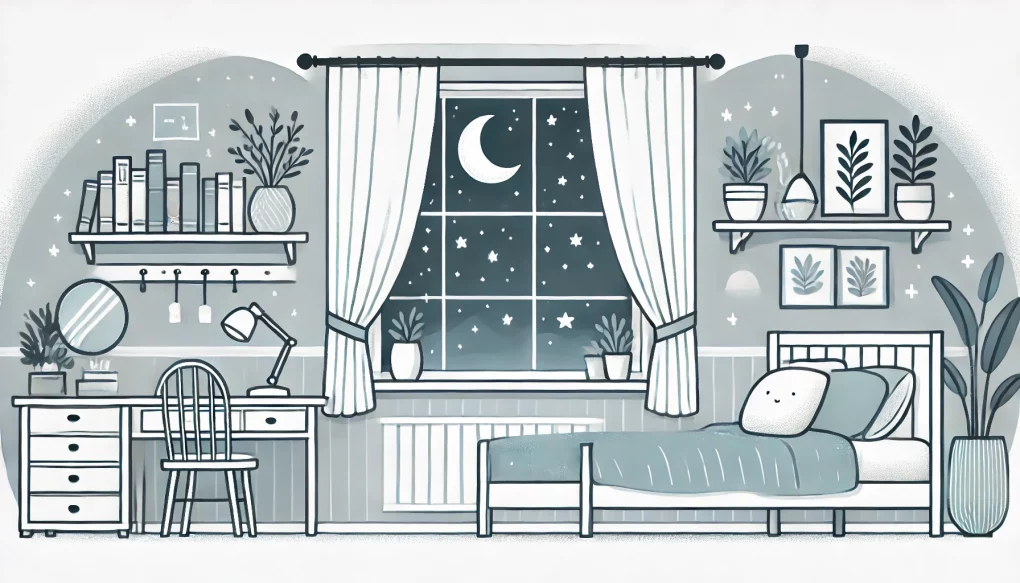June 25, 2024
Insights from “Why We Sleep” by Dr. Matthew Walker

Working in tech and now building my own startup, I often find myself working late into the night, chasing deadlines, and navigating the challenges of an ever-evolving industry. This lifestyle has led to my struggle with insomnia and other sleep disorders. Realizing that my performance and well-being could benefit from better sleep, I turned to the book “Why We Sleep” by neuroscientist Dr. Matthew Walker on a coach’s recommendation. Here are some distilled and straightforward valuable tips I’ve gathered from the book to help achieve healthier sleep.
1. Stick to a Sleep Schedule
Going to bed and waking up at the same time every day is crucial. Our bodies thrive on consistency, and fluctuating sleep patterns can make it difficult to adjust. Set an alarm not just for waking up but also for bedtime. This simple habit can significantly improve your sleep quality.
2. Exercise, But Not Too Late
Exercise is beneficial, but timing matters. Aim for at least 30 minutes of exercise on most days, ideally finishing two to three hours before bedtime. Late-night workouts can be counterproductive, making it harder to wind down.
3. Avoid Caffeine
Caffeine can linger in your system for up to eight hours. To ensure it doesn’t interfere with your sleep, avoid consuming coffee, colas, certain teas, and chocolate in the late afternoon and evening.
4. Limit Large Meals and Beverages at Night
While a light snack is fine, large meals can cause indigestion, disrupting your sleep. Additionally, drinking too much fluids can lead to frequent bathroom trips throughout the night.
5. Watch Out for Sleep-Disrupting Medications
Some medications, including those for heart conditions, blood pressure, and asthma, as well as some over-the-counter remedies, can disrupt sleep. If you suspect this might be the case, consult your healthcare provider to discuss alternatives.
6. Avoid Late Afternoon Naps
Naps can help compensate for lost sleep, but try not to nap after 3 p.m. to avoid interfering with your nighttime sleep.
7. Relax Before Bed
Incorporate a relaxing pre-sleep routine. Whether it’s reading, listening to music, or any other calming activity, ensure you have time to unwind before bed.
8. Take a Hot Bath
A hot bath before bed can promote sleepiness by helping your body relax and lowering your core temperature once you step out of the bath.
9. Optimize Your Bedroom Environment
Create a sleep-friendly environment: dark, cool, and free from distractions. Keep gadgets like TVs, phones, and computers out of the bedroom, and invest in a comfortable mattress and pillows. If you tend to watch the clock, turn it away to avoid stressing about the time.
10. Get the Right Sunlight Exposure
Daylight is essential for regulating your sleep-wake cycle. Try to spend at least 30 minutes outside in natural sunlight daily. In the morning, exposure to bright light can help you wake up, while dimming the lights in the evening can prepare you for sleep.
💡 Although this isn’t my usual tech-focused content, I believe that understanding and improving our sleep can significantly enhance our productivity, creativity, and overall well-being. I’m still on my journey to better sleep, and I hope these insights from “Why We Sleep” will help you as much as they are helping me. Feel free to share your thoughts or any additional tips you have for better sleep!
